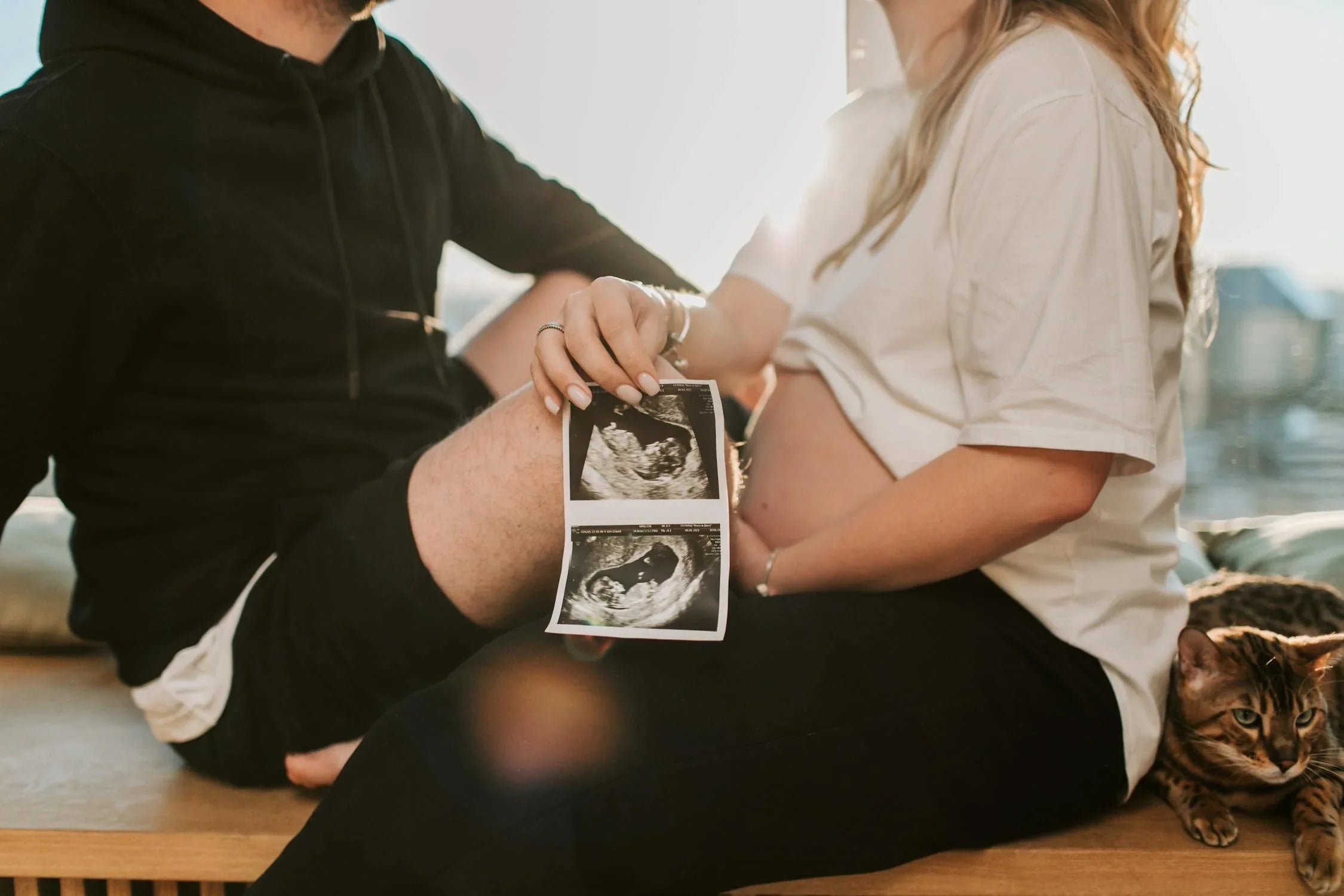Accueil
Pregnancy, Breastfeeding, and Pumping: The Ultimate Guide for Moms
How to Test Pregnancy at Home: A Comprehensive Guide

How to Test Pregnancy at Home: A Comprehensive Guide
Testing for pregnancy at home has become a common and convenient method for many women. Whether you are trying to conceive or suspect an unplanned pregnancy, understanding how to test pregnancy at home can provide quick and reliable results. This guide will walk you through the process, explain how home pregnancy tests work, and offer tips to ensure accuracy.
Understanding Home Pregnancy Tests
Home pregnancy tests are designed to detect the presence of human chorionic gonadotropin (hCG), a hormone produced during pregnancy. This hormone is released when a fertilized egg attaches to the lining of the uterus. Most home pregnancy tests are highly accurate when used correctly, but it is essential to follow the instructions carefully.
When to Take a Home Pregnancy Test
Timing is crucial when taking a home pregnancy test. Testing too early can result in a false negative, as hCG levels may not be high enough to detect. The best time to take a test is after you have missed your period. However, some tests claim to detect pregnancy as early as a few days before your expected period. For the most accurate results, wait at least a week after your missed period.
How to Use a Home Pregnancy Test
Most home pregnancy tests involve holding a test stick in your urine stream or dipping it into a collected urine sample. The test will then display results within a few minutes, usually in the form of lines, symbols, or digital readings. It is important to read the instructions provided with the test, as methods can vary slightly between different products.
Interpreting the Results
Interpreting the results of a home pregnancy test is usually straightforward. A positive result typically indicates pregnancy, while a negative result suggests that you are not pregnant. However, false positives and negatives can occur due to various factors, such as improper use, expired tests, or certain medical conditions. If you receive a positive result, it is recommended to confirm it with a healthcare professional.
Tips for Accurate Results
To ensure the most accurate results, follow these tips:
- Use the test first thing in the morning, as urine is most concentrated at this time.
- Check the expiration date of the test before use.
- Follow the instructions carefully, including the recommended waiting time for results.
- Avoid drinking excessive fluids before taking the test, as this can dilute your urine.
Common Mistakes to Avoid
There are several common mistakes that can affect the accuracy of a home pregnancy test. These include:
- Testing too early, before hCG levels are detectable.
- Not following the instructions properly, such as reading the results too early or too late.
- Using a test that has expired or been stored improperly.
- Misinterpreting the results, especially if the test line is faint.
What to Do After a Positive Result
If your home pregnancy test is positive, the next step is to schedule an appointment with a healthcare provider. They can confirm the pregnancy through a blood test or ultrasound and provide guidance on prenatal care. Early prenatal care is essential for the health of both the mother and the developing baby.
What to Do After a Negative Result
A negative result can be disappointing, especially if you are trying to conceive. If you receive a negative result but still suspect you might be pregnant, wait a few days and test again. If you continue to receive negative results and have not had a period, consult a healthcare provider to rule out other potential issues.
Alternative Methods for Testing Pregnancy
While home pregnancy tests are the most common method, there are alternative ways to test for pregnancy. These include blood tests performed by a healthcare provider, which can detect pregnancy earlier than urine tests. Additionally, some women use natural methods, such as tracking basal body temperature or monitoring changes in cervical mucus, though these methods are less reliable.
Frequently Asked Questions
Can medications affect the results of a home pregnancy test? Certain medications, particularly those containing hCG, can affect the results of a home pregnancy test. If you are taking any medications, consult your healthcare provider before testing.
How soon after conception can a home pregnancy test detect pregnancy? Most home pregnancy tests can detect pregnancy about 10 to 14 days after conception, though some claim to detect it earlier.
Can a home pregnancy test be wrong? Yes, home pregnancy tests can produce false positives or negatives due to various factors, such as improper use, expired tests, or medical conditions.
Testing for pregnancy at home is a simple and effective way to determine if you are pregnant. By understanding how these tests work and following the tips provided, you can increase the likelihood of accurate results. Remember, if you have any doubts or receive unexpected results, consult a healthcare professional for further guidance.
Partager
